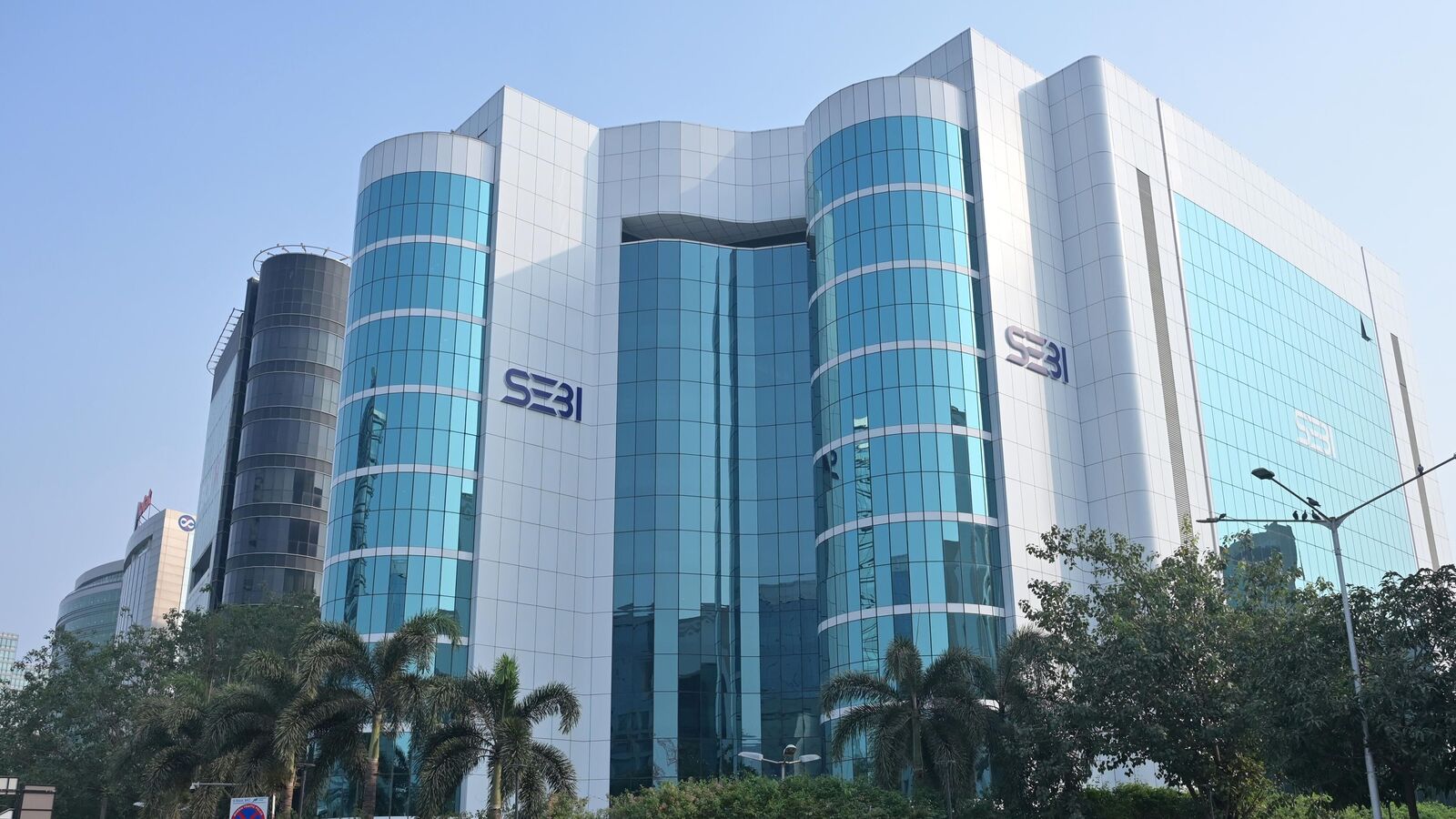The Securities and Exchange Board of India (Sebi) has changed its takeover regulations to shield acquirers from cost spikes in the event information of a merger and acquisition (M&A) plan gets leaked. From 1 June, when its new rumour verification framework comes into effect, the pricing formula for an open offer will be stripped of any spike that arises from the stock market getting whiff of a company’s control being in play.
At one level, India’s top 100 listed entities will be mandated to confirm, deny or clarify market rumours in case of significant movements in their share price. This requirement will be expanded to the next 150 companies from December 2024. At another level, a party seeking to acquire a company will have an easier path.
Under Sebi rules, if a quarter of a target firm’s equity is acquired (granting a veto on special resolutions), the acquirer needs to make an open offer to shareholders for additional shares that would give it majority control.
A 26% stake bought this way can prove expensive. Currently, to even it out for both the buyer and sellers, this offer price goes by the stock’s average price over 60 days before the announcement, weighted by volumes traded.
In case market participants hear of a control play, we often see them piling into the stock, raising its price beyond a level judged reasonable by the acquirer. Once Sebi’s revised rule takes effect, however, ‘material’ leak-driven upshoots will be clipped out. This, in principle, is fair to retail investors as well, since such gains are not performance led.
A level playing field for M&As would serve us well as it has the potential to make our economy more efficient. In an ideal scenario, the control of companies would be vested in those best suited to maximize the value they generate for all stakeholders. When this is not the case, the market’s self-corrective devices are expected to kick in. Typically, weak performers that are listed see their share value slump.
Widely held firms without a single majority owner are thus exposed to takeovers by parties that can integrate them with other operations or appoint their own managers to run them better. This not only keeps incumbents on their toes, it boosts overall value generation by placing assets in more capable hands. Ownership changes can even give dying firms fresh leases of life.
Minority shareholders, though, may disapprove of shifts in control and direction, which explains Sebi’s mandate of an exit path laid out for them via an open offer to tender their shares. The price must be fair, of course, which is why the weighted-average formula was created. Yet, this protection of minority shareholders should not deter acquisitions, which is what happens when prices shoot up on the buzz of firms being eyed. Lowering the bar could give India’s M&A arena some dynamism.
Complexity, however, may hamper the idea’s implementation. To clip out a “material share price move,” we need it defined clearly. Indian stock exchanges are to issue a framework for it, but market confidence will depend on how convincingly leak-related moves are isolated.
Identifying the precise start of a rumour isn’t easy; would subjective calls need to be made? How the verification rule impacts a target’s share price will also be tested. This part may take time to settle. All said, how smoothly our markets operate under Sebi’s new rules will determine the difference they make. The regulator’s effort to rebalance the pricing of open offers is laudable. Now let’s see some action.
#Sebis #open #offer #pricing #tweak #boost #acquisitions #India



